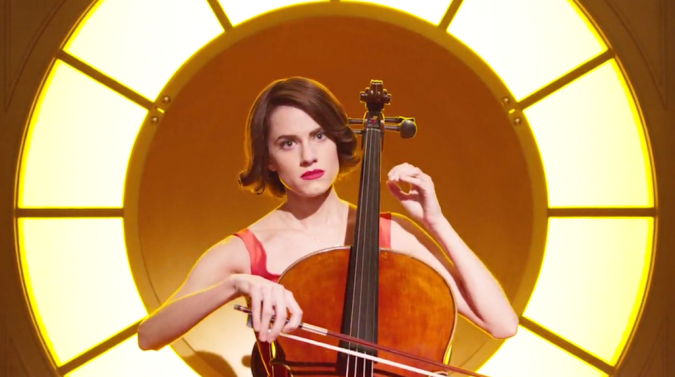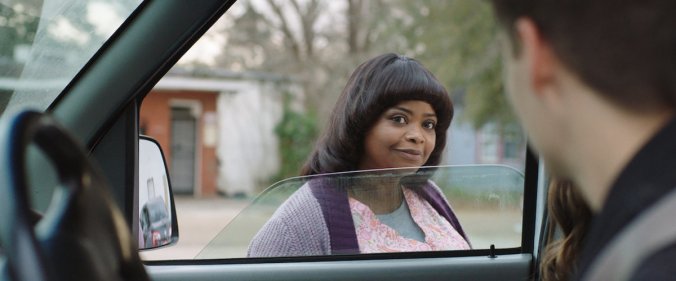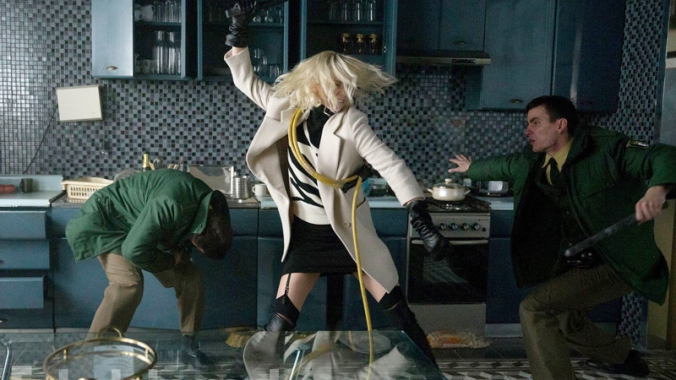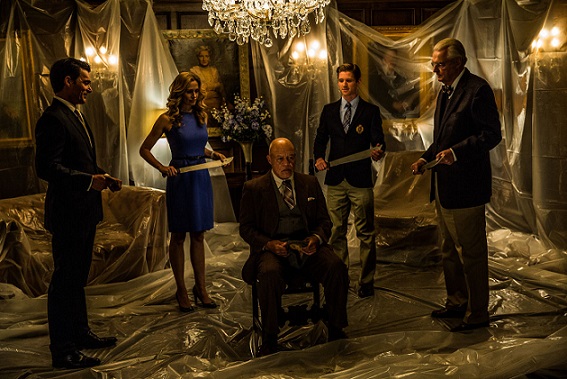
The Perfection ups the ante in originality and intensity
It takes a lot for a movie to surprise me these days, and I’d be lying if I didn’t go into Netflix-distributed films with more than a bit of skepticism. My mindset tends to be, Well, even if it’s terrible, at least I didn’t pay for it. The same was true before watching The Perfection, a film released by Netflix back in May with little fanfare or pop cultural chatter. And man, I’m kind of glad because what a fantastic surprise it turned out to be.
Without getting into spoiler territory (which is incredibly difficult given how many surprises are packed into every turn), the film revolves around a cellist (Allison Williams) who returns to the music academy she had to leave to take care of her sick mother ten years prior. It’s hard to nail down what the film’s focus will be going into these opening scenes, though we are able to get a feel for the characters—Lizzie (Logan Browning), another cellist, and Anton, the academy director, each giving us reasons to be suspicious of their actions—as well as the intensity, seriousness, reverence (and possibly obsession) with which everyone at the academy treats classical music. (Who would’ve thought the cello could sound so ominous and creepy?)
It’s not long before it becomes clear that the magic of The Perfection (and part of why its structure works so well) is that even though the viewer doesn’t know where the story is headed, in the way each scene builds on the last—in intensity, originality, and tension—it’s clear the filmmakers (especially director and co-writer Richard Shepard) do. The film has enough layers, character work, twists, fake-outs, and flashbacks to completely disable the viewer’s ability to predict where the story and characters will go next, each scene a new treat to unwrap and dissect while cringing and thinking, horrified, I can’t believe they just did that. Though it’s easy to see its influences in the intensity and rivalry of creation of Black Swan and the body horror of David Cronenberg, anyone who watches The Perfection and says they knew where it was going is lying.
Though pretty tonally consistent, the moments of tension, comedy, shock, and hands-over-face disbelief all work well in the capable and confident direction of Richard Shepard (which is especially impressive given the amount of story, material, and tension packed into the film’s trim 85 minutes). But none of this would work without the completely convincing, captivating lead performances of Allison Williams and Logan Browning who give so much to each emotion they’re tasked with playing—terror, shock, disgust, anger, and more—that it’s hard to imagine they weren’t physically drained after each day’s filming (especially Browning, who has some of the most intense, wrenching, visceral scenes in the film…and maybe I’ve seen in a long time). They’re so mesmerizing here that it makes me wish we had gotten to spend more time expanding on their motivations for their actions or reflecting on their pasts and the circumstances that brought them to this point.
The Perfection is what all good horror/thrillers should be—tense, relentless, expertly paced, surprising, and original. It also doesn’t hurt that it has a satisfying (and totally brutal) ending, its message of choosing to take ownership of trauma over victimization feeling earned rather than sappy or preachy. The film isn’t quite perfect (pun not intended), but it’s pretty damn close. So if Netflix is looking for ways to improve their film content, they should take a look at what makes The Perfection work. I’ll gladly take another one of these, please.
9/10





